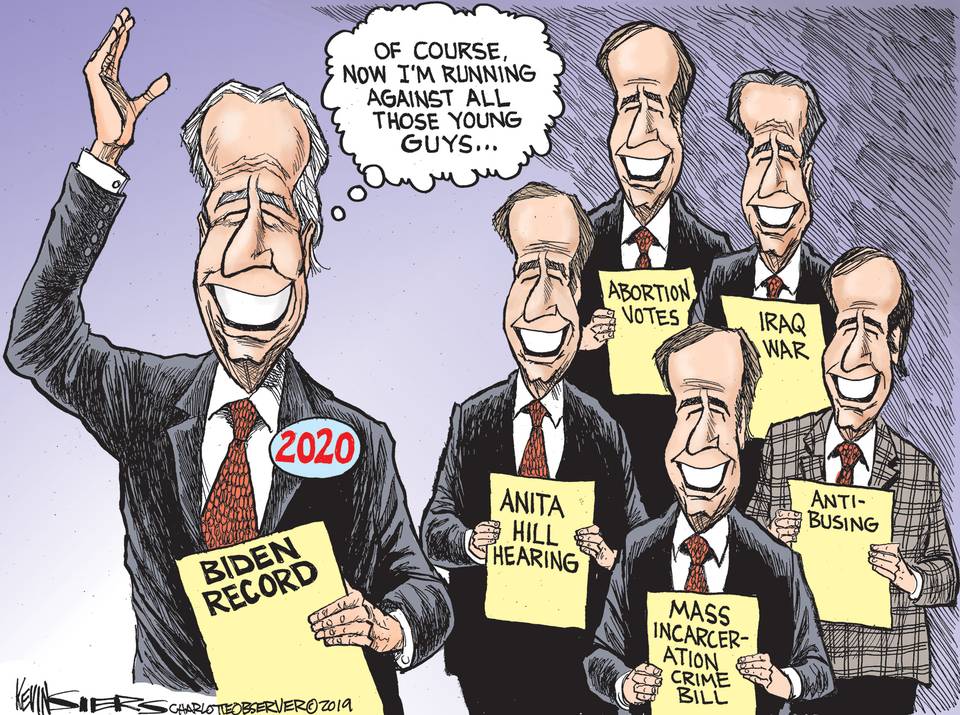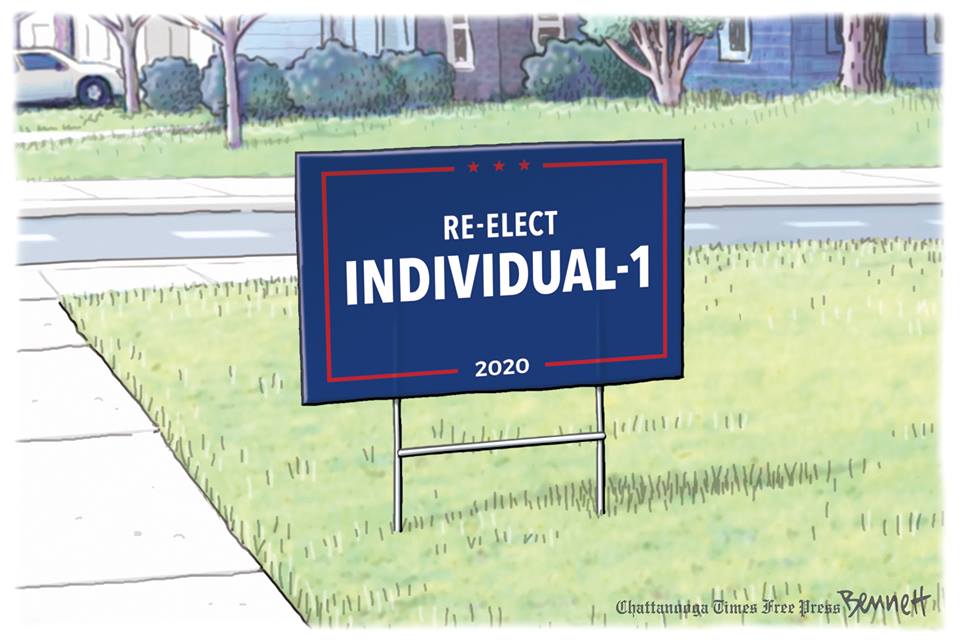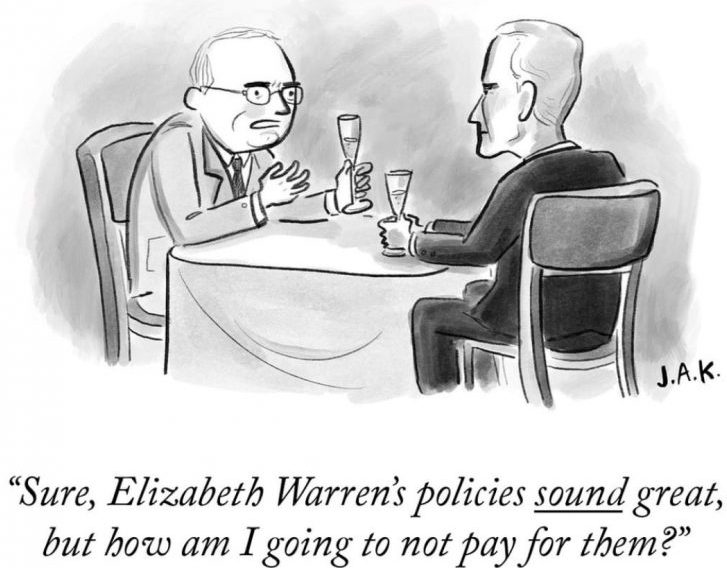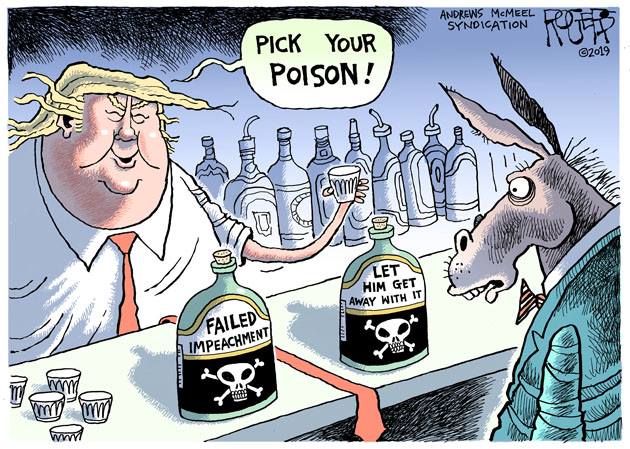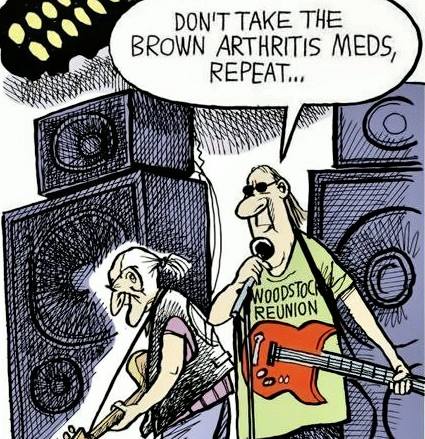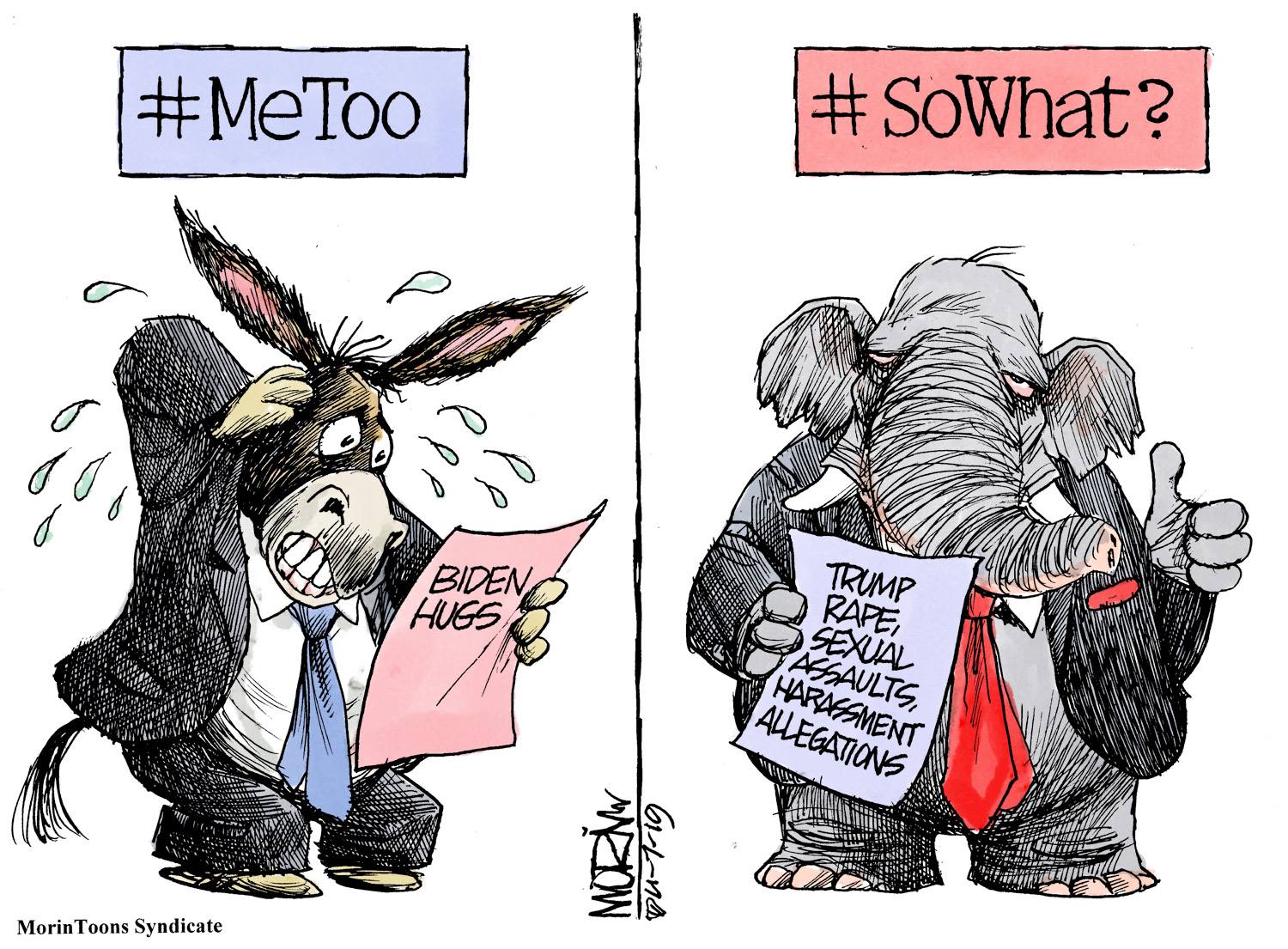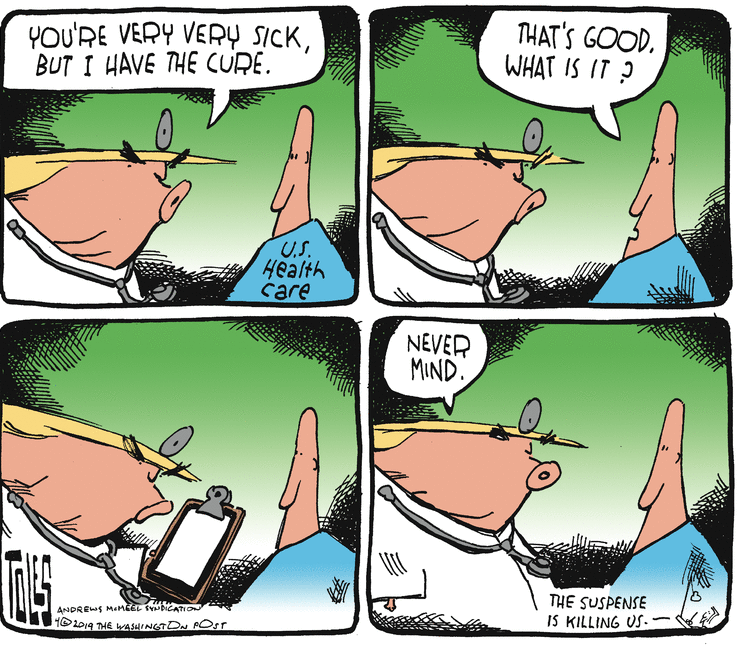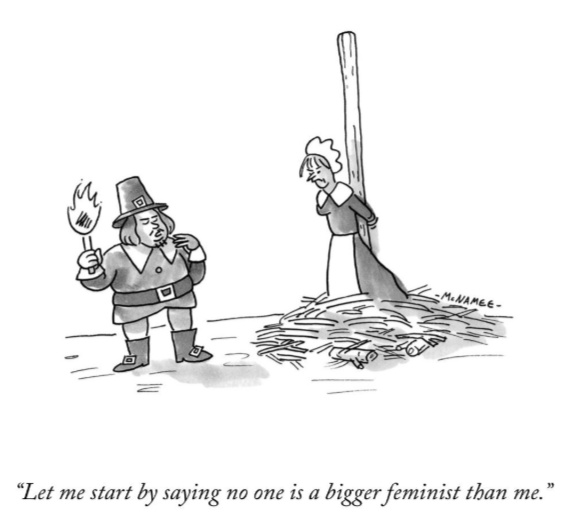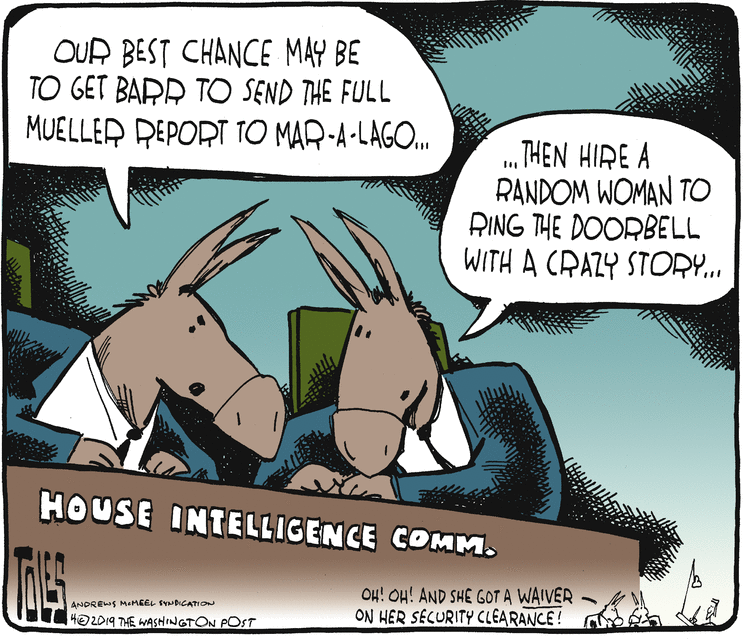The Daily Escape:

Steps leading to Franciscan Sanctuary, La Verna, Tuscany, Italy – photo by Guiseppe Pepperoni
Over the weekend, Wrongo and Ms. Right, along with a few friends, saw “Hadestown” on Broadway. It is a theatrical home run that has received 14 Tony nominations. Describing the plot is difficult. Most reviews focus on the mythology at the heart of the play. The story is a re-imagination of Orpheus and Eurydice set in contemporary time.
The mythological story is that Orpheus is the world’s greatest poet, and Eurydice is his bride. It is intertwined with the love story of King Hades and his wife Persephone. During the play, we take an epic journey to the underworld and back.
In the myth, Eurydice is killed by a snake bite, and the mourning Orpheus travels to the underworld to beg Hades to return his wife to life. To make his case, Orpheus sings a song so beautiful that Persephone begs Hades to let Eurydice go.
That is loosely followed in the play, where these mythic characters are pawns in a central metaphor of capitalism as death. That seems so current in today’s predatory capitalism, and yet, the play is not a polemic. In the play, Eurydice isn’t bitten by a snake. Instead, she’s lured into Hadestown by Hades’s promise of work and food.
Hadestown is a factory town, and Hades is both the god of death and a merciless taskmaster, forcing his subjects to build an endless wall around Hadestown. In his April 15th “Monday Wake Up Call”, Wrongo used Hades’s call and response song, “Why We Build the Wall”. The song seems right for 2019 because of our Orange Overlord, but in reality it was written in 2010.
Wrongo posts a sample lyric for you:
Who do we call the enemy? The enemy is poverty, And the wall keeps out the enemy, And we build the wall to keep us free. That’s why we build the wall;
We build the wall to keep us free.
The Wall makes us free. Arbiet macht frei. The few Trumpets in the audience demonstratively did not applaud the song, while the vast majority cheered. Partisanship is an always-on emotion.
Some call-outs to cast members: Patrick Page and Amber Gray are standouts, he as Hades, and she as Persephone. The legendary André De Shields, plays Hermes. He’s the show’s narrator. His cool swagger pulls the audience into the play from the opening curtain.
See it if you can.
During our pre-theater meal, we talked about the Democratic presidential candidates, a list that seems destined to continue growing. Our friends at dinner follow politics quite closely, and none are fully happy with any of the Democrats on offer.
Most defaulted to “electability”, espousing the view that it is “Do-or-Die” time in America, that we can’t take four more years of what we are experiencing now. That leads them to accept Joe Biden’s candidacy. Wrongo has a different view, as captured in this Vanity Fair article: (emphasis by Wrongo)
“Since Vietnam, every time a Democrat has won the presidency, it’s because Democrats voted with their hearts in a primary and closed ranks around the candidate who inspired them, promising an obvious break from the past and an inspiring vision that blossomed in the general election. Jimmy Carter. Bill Clinton. Barack Obama. All were young outsiders who tethered their message to the culture of the time. When Democrats have picked nominees cautiously and strategically—falling in line—the results have been devastating, as Michael Dukakis, Al Gore, John Kerry and Hillary Clinton made plain.”
So, what will happen this time? Those who believe in Biden’s electability should remember that there are 45 million Americans with student loans: 22% of those loans are in default, and 99% of them fail to qualify for loan forgiveness.
It was Biden’s decision to make student loans not dischargeable in bankruptcy. That’s going to be one large group of people who, when they learn who is behind their plight, probably will vote against him.
Biden has been on the job in Washington for around 50 years. Suddenly, according to Bloomberg, he wants to “Fix Things”?
Wake up Democrats! Find a candidate who inspires YOU. Work for that candidate in the primaries. Don’t buy the argument “but he/she isn’t electable” until that is proven by the results of the primaries.





